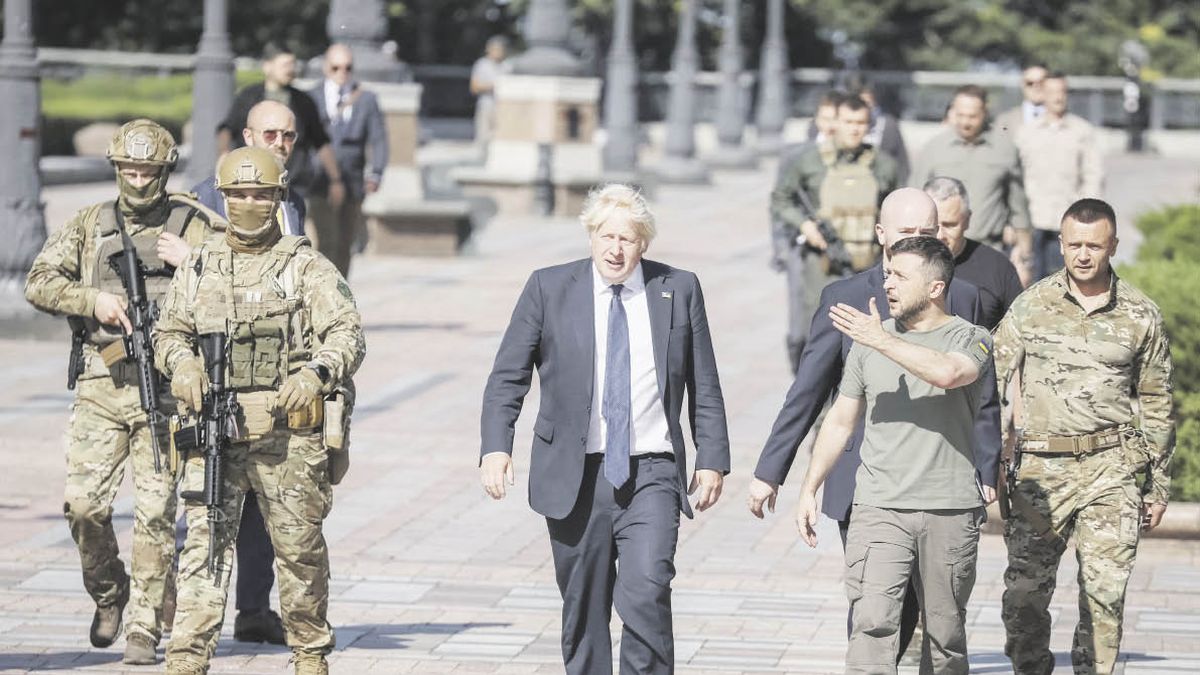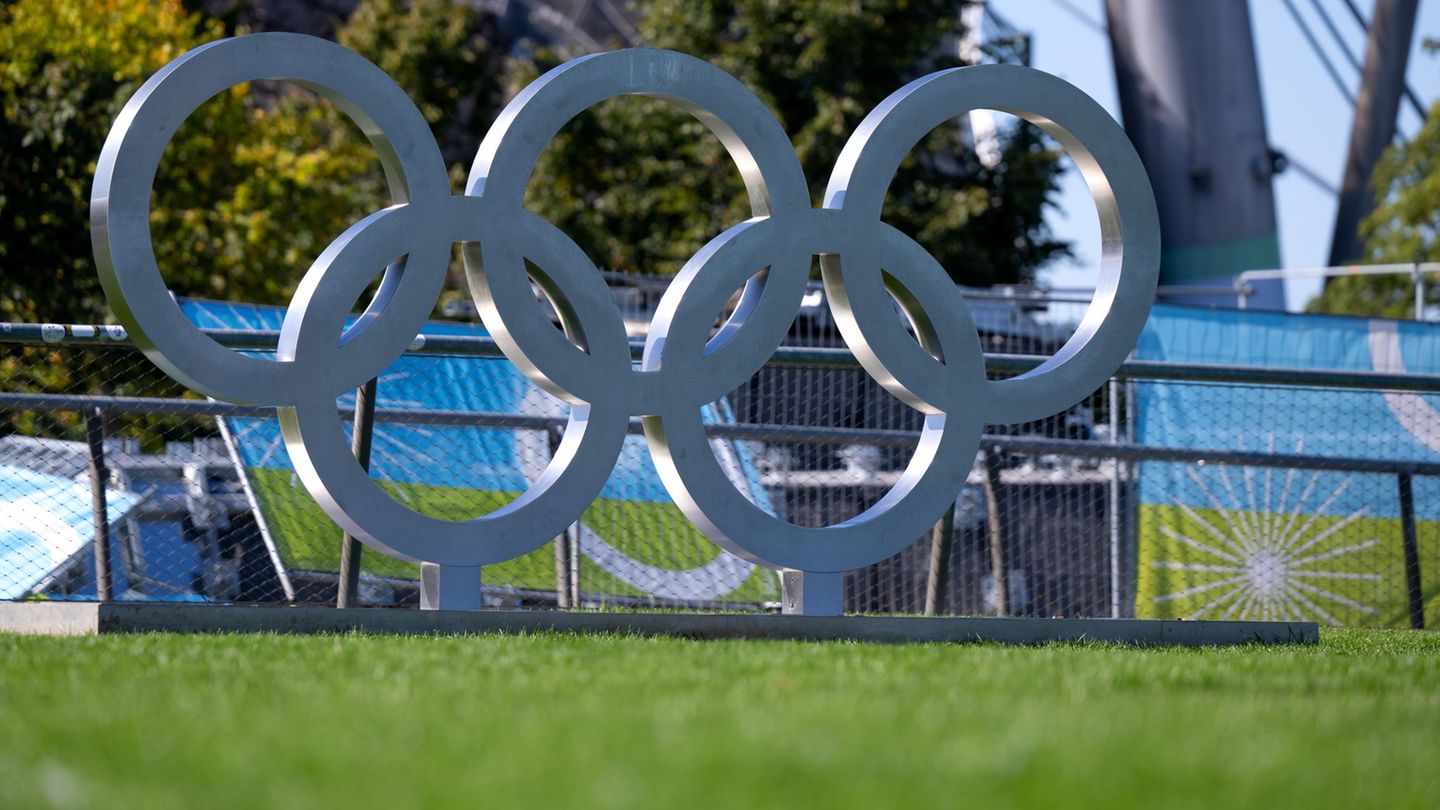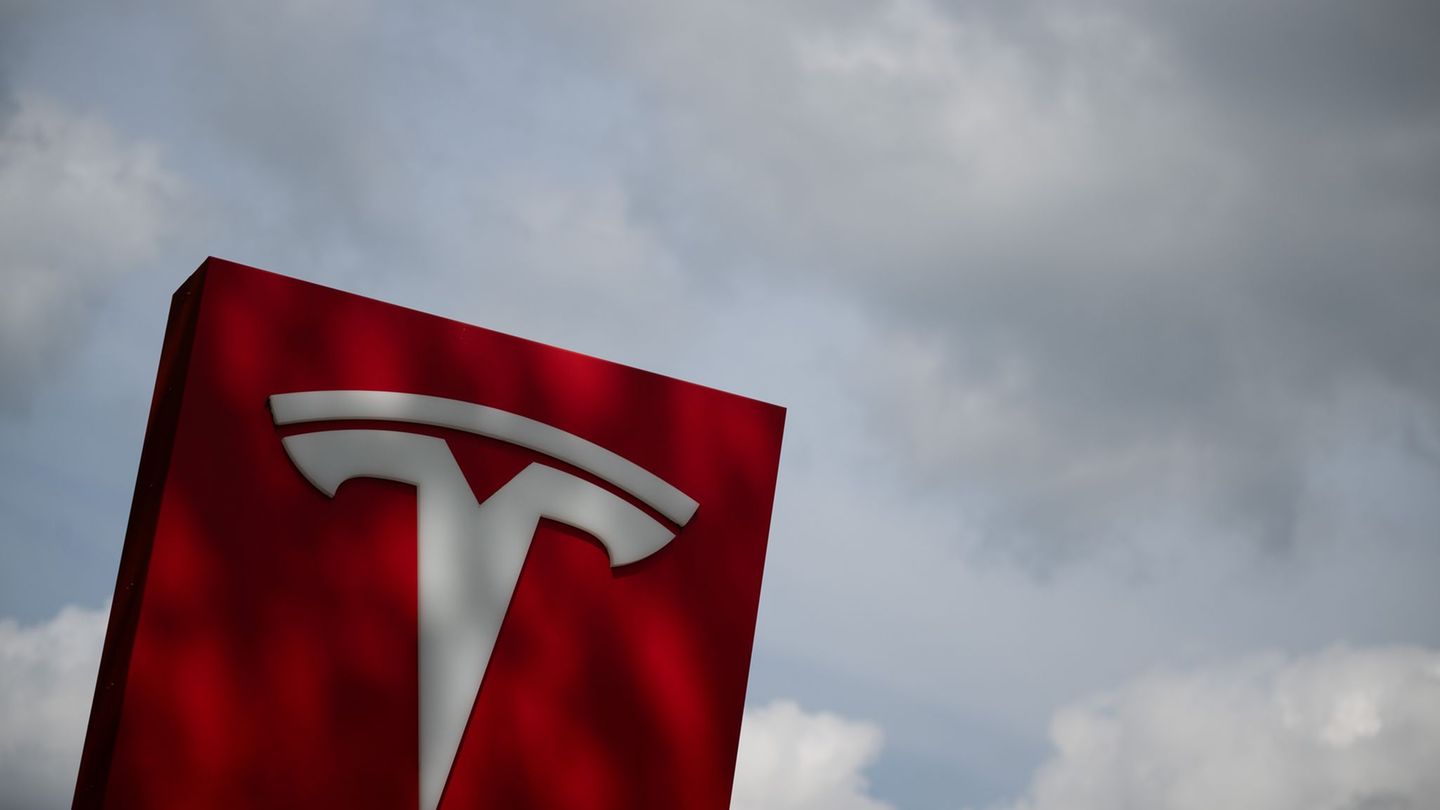“We have time and we can wait,” said a source close to Russian authorities, who did not want to be named because they are not authorized to speak to the media.
“It is going to be a difficult winter for Europeans. We could see protests and riots. Some European leaders might think twice about continuing to support Ukraine and that it is time to reach an agreement.”
A second source close to the Kremlin said Moscow thought it could already detect vacillations in European unity and hoped the process would speed up in the context of winter difficulties. “It will be really difficult if (the war) drags on into the fall and winter. So there is hope that (Ukrainians) will sue for peace,” the source said.
Ukraine and its staunchest Western supporters say they have no plans to withdraw, and US officials, who spoke on condition of anonymity, say they see no signs so far that support for Ukraine will waver.
European Commission President Ursula von der Leyen said in a tweet to Ukrainians on their national day: “The EU has been with you in this fight from the beginning. And we will be as long as it takes.”
Backed by billions of dollars in military aid from the United States and other Western countries, training and intelligence sharing, and with a series of attacks on high-profile Russian targets behind it, kyiv believes it has a chance to turn the tables. facts on the ground.
“For negotiations with Russia to be possible, it is necessary to change the ‘status quo’ on the front in favor of the Armed Forces of Ukraine,” said Mikhailo Podolyak, a Ukrainian presidential adviser.
“It is necessary for the Russian Army to suffer major tactical defeats.”
Ukrainian forces foiled Russian attempts to capture the capital, kyiv, and the second city, Kharkiv; they have regularly destroyed and disrupted Russian supply lines, and sank the Moskva, the flagship of Russia’s Black Sea Fleet, as well as inflicting significant damage on a Russian air base in annexed Crimea.
kyiv has also long talked about a major counteroffensive to retake the south, though Russia has been busy bolstering its own forces there, and it’s unclear if or when that will materialize.
Price
The geopolitical standoff has pushed energy prices to record highs. The European Union banned Russian coal and approved a partial import of Russian crude to punish Moscow for the “special military operation” it launched exactly six months ago, on February 24. And Russia dealt its own blow, slashing gas exports to Europe.
European governments have tried to increase defenses against the energy pressures of this winter by seeking alternative supplies and promoting saving measures, but few specialists believe that they can cover all their needs.
The Kremlin has blamed the reduction in gas flows on technical issues, Western sanctions and the refusal of some countries to pay in rubles. Meanwhile, record oil and gas revenues continue to fill Russia’s coffers.
The first source close to the Russian authorities said that Moscow, in any possible future peace agreement, wanted to consolidate territorial gains, secure the entire Donbass region and for kyiv to commit to military neutrality.
Ukrainian President Volodymyr Zelensky said kyiv would not accept any proposal to freeze the current front lines to “calm down” Moscow.
Podolyak, his adviser, said the West was supplying kyiv with enough weapons “not to fall” but not enough to win, adding that much more support was needed.
Western states have refused to commit ground troops to the conflict and have refrained from supplying some of the military hardware because they want to avoid a broader war with Russia, which has the world’s largest arsenal of nuclear weapons.
US officials said they believed Putin remained committed to his original goal of taking kyiv but could not achieve it. The same US officials said they had seen no signs the Russians intended to de-escalate and thought the war would be a long one.
Andrey Kortunov, director of RIAC, a foreign policy think tank close to the Russian Foreign Ministry, said neither side intended to bat first. “Both sides apparently believe that their positions could be strengthened over time,” he said. “Realistically, it is very difficult to imagine that a political agreement can be reached any time soon.”
The two Armies have been locked in a war of attrition for a long time, neither of them having been able so far to make a decisive breakthrough.
Faced with what Western intelligence says is a severe manpower shortage following heavy losses, Russian forces have made only modest and difficult gains in eastern Ukraine in the past month.
But the longer the war drags on, the greater the risks of Western divisions over Ukraine, as prices for fuel, gas, electricity and food are higher.
Source: Ambito
David William is a talented author who has made a name for himself in the world of writing. He is a professional author who writes on a wide range of topics, from general interest to opinion news. David is currently working as a writer at 24 hours worlds where he brings his unique perspective and in-depth research to his articles, making them both informative and engaging.




